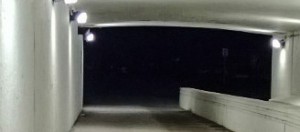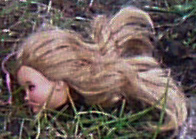I returned this past weekend to Temendia, to clean out the kitchen cabinets, haul boxfuls of paper, unsalvageable kitchen wares and cardboard (boxes of boxes) to the recycling center, drop off at Goodwill disused clothes for which no one who remains here, in Temendia, has any use. It stimulated useful, if far from original, reflection on impermanence and the pathos of the struggle to hold on to a sense of selfhood. (Whether that sense of selfhood is sensible, or not, is another question.)
All that stuff — nine largely unused boxes of Kleenex, all opened with only a sheet or two snatched out; cabinets crowded with empty jam jars, pickle jars, jars from salad dressing, mason jars; a surprisingly large number of wearable but seldom worn clothes in storage beneath the bed, unworn because forgotten; baskets full of birthday and holiday cards from friends and family members spanning years, many with annotations (‘replied May 9’, ‘send a thank-you note’); odd bits of writing on scraps of paper; folders of newspaper articles and excerpts from books that I had thought might interest her; recipes created for her, long since cooked and eaten but documented for future reference — all that stuff is a far from mute testimony to the tense, anxious, relentless effort to preserve a life, a sense of self, against the relentless erosion of progressing disability. (The life to be preserved: no mere appearance of a life, but the lived experience of a certain way of life. The testimony not mute if you stop to listen and let yourself hear, if you stop to look and let yourself see.)
I miss her terribly — recognizing all the while that “it is Madeline you mourn for.”



